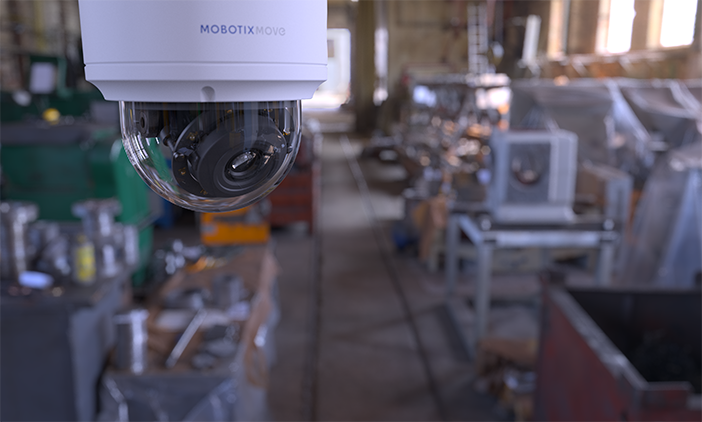When the U.S. Federal Government creates legislation that impacts the video security market it is important to provide an overview so you (1) know about the legislation, (2) understand how it affects your organization and (3) how Konica Minolta can help with our complete line of NDAA-compliant MOBOTIX cameras.
In August 2018, US Congress passed the John McCain National Defense Authorization Act (NDAA), which contained a section called Section 889: Prohibition on Certain Telecommunications and Video Surveillance Services or Equipment.
The federal law which specifies the budget, expenditures and policies of the U.S. Department of Defense also prohibits the U.S. government from procuring video and telecommunication equipment from certain Chinese companies and their subsidiaries. [Section 889].
In 2022, Congress passed more NDAA legislation expanding its cautionary stance against China. You can find the executive summary of NDAA 2022, here.

Concurrent with the NDAA legislation, at the end of 2021, the President signed into law the Security Equipment Act of 2021 which required the Federal Communications Commission (FCC) to adopt rules clarifying their review and authorization process for equipment that poses an unacceptable risk to national security. In essence, this law extended the NDAA ban of Hikvision, Dahua, Huawei, Hyter and ZTE cameras and components to more organization in the public and private sector. As of Nov. 2022, the FCC clarified the review and declared new rules making clear that equipment from these manufacturers cannot be imported or marketed in the U.S. as they pose a threat to national security.
“With a ‘data backdoor’ built into their cameras, the Chinese government has a direct line into organizations that install cameras made by Chinese manufacturers.”
The main reason for the legislation regarding the cameras is to prevent China from accessing the private video information witnessed by the security camera network. With a ‘data backdoor’ built into their cameras, the Chinese government has a direct line into organizations that install cameras made by Chinese manufacturers.
When we are talking about federal facilities, U.S. Government-supported facilities or government contractors, we mean organizations that get support from the U.S. Government – K-12 school systems, defense contractors, technology companies etc., and organizations that have any federally-funded jobs – such as grant-supported positions in public and private Universities.
Stating the obvious, if the U.S. Government has identified nefarious intent from China directed at the U.S. through a camera portal – all U.S. companies should be aware that their information will fall prey in the same way – making this edict a strategic imperative for all U.S. companies who want their video security network to remain private.